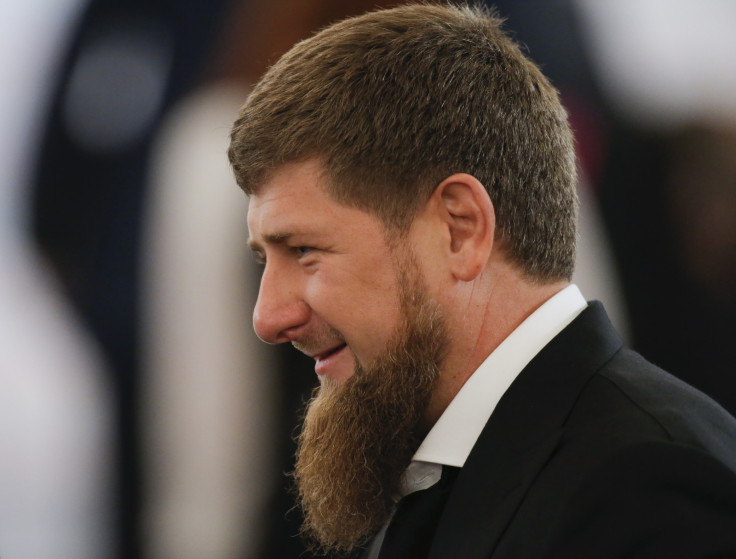Chechnya is forcing hundreds of divorcees to reunite to tackle Isis
President Kadyrov claims children of divorced parents are more likely to join extremist groups.
Hundreds of divorced couples are being reunited in Chechnya as part of a new government programme to help tackle terrorism in the country, according to reports.
The move followed claims by Ramzan Kadyrov, President of the predominantly Muslim Russian Caucasus Republic, that children of divorced couples are more likely to join extremist groups, such as Isis.
A commission appointed by Kadyrov claims to have reunited at least 948 couples in six weeks. The reunification took place even in cases when the ex-husband had re-married, meaning that men have been allowed to have new two wives.
Rasul Uspanov, secretary of the country's headquarters to "harmonise marital and family relations", told the BBC there was a case whereby, following a divorce, children of a couple were living with their father, who had remarried.
"After our commission's work, he got his first wife back, and now lives with two wives, because under Islam a man can have four wives," he said.
"[Men] understand that it's better for the birth mother to live with her children, instead of watching from the sidelines and suffering", he continued.
However, some ex-wives have claimed that the reunification process was "violent" and women had been under pressure to rejoin their ex spouses.
"It's violence against people," said a woman called Bariyat, who lives in the capital Grozny. She had been divorced for 12 years and does not intend to join her ex-husband.
"If the commission approaches me I'll refuse," she explained. "If a couple got divorced, most likely it was a definite decision. They got married but were incompatible - so why force them into it?"
Bariyat added that, in some instances, couples in Chechnya, got married without knowing each other, but on the basis of recommendations.
The new scheme was implemented in June. At the time, Kadyrov was quoted as saying: "Everyone is complaining. If they can live with each other until they give birth to three, four, five children, why are they divorced? If everything was fine, until five children were born, why can not we live together for the sake of children?"
Kadyrov, former member of the Chechen independence movement, assumed office in 2007. The hardline Muslim leader has been often accused of human rights violations, including overseeing kidnap, torture and murder of opponents.
Earlier this year, human rights groups claimed gay people were being taken to a concentration camp in the country.
Such allegations first emerged in April, when independent Russian newspaper Novaya Gazeta claimed that more than 100 gay men had been detained and tortured in World War Two-style concentration camps for LGBT (Lesbian, Gay, Bisexual, Trans) people.
However, Kadyrov denied the allegations, arguing that there were no gay people in the Chechnya, which is not an independent country, but a federal subject of Russia.
"This is nonsense," Kadyrov said when asked about the allegations during an interview with HBO's Real Sports. "We don't have those kinds of people here. We don't have any gays. If there are any, take them to Canada."

© Copyright IBTimes 2025. All rights reserved.





















